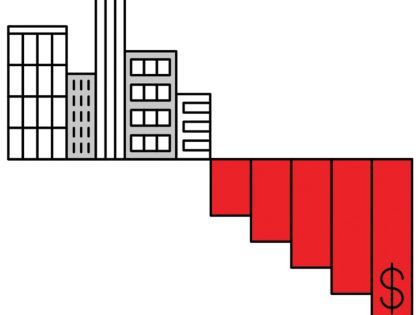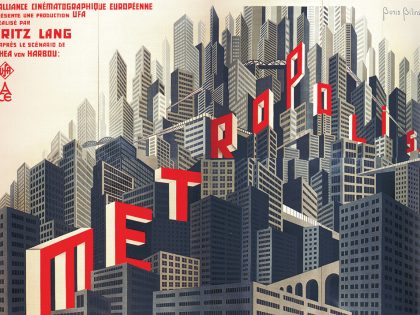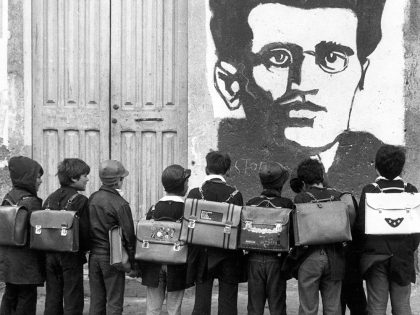
America Can’t Build Homes Anymore
Cities stopped building not by accident but by design. Our housing system is constructed on scarcity, speculation, and private veto power.
Wouter van de Klippe is a freelance journalist and writer based in Europe. He is particularly interested in organized labor, social and environmental justice, and social welfare states.

Cities stopped building not by accident but by design. Our housing system is constructed on scarcity, speculation, and private veto power.

From Milwaukee’s sewer socialists to La Guardia’s New Deal metropolis, urban reformers changed their cities by forging alliances beyond local power.

In the 1970s, the Italian Communist Party was again on the rise in Tuscany. Then it all toppled over.

The hard part is over. The harder part is about to start.

Everything you need to take over your city.
Keeping up with our constituents.
“When the state can’t deliver, people stop believing in collective solutions altogether.”
Jacobin contributor Paul Heideman’s reading list on municipal socialism explores how workers’ movements, from Milwaukee to Liverpool, built power at the local level — and how they were defeated.

Aimé Césaire’s time as the mayor of Martinique’s capital city was characterized by his practical, progressive politics — but also by his poet’s eye for beauty.

Fritz Lang’s masterful visual depiction of class stratification in Metropolis remains unrivaled by its would-be inheritors.
New York isn’t what it used to be.
Before there was a YouTube, and even before there was an internet, there was public-access television. Low-budget, talky, unglamorous, and unfiltered, it was the perfect venue for the political rise of none other than Bernie Sanders.

How discontent over housing, and not workplace struggle, made Paris’s suburbs hotbeds of communism.

Every game of golf in New York City comes at a cost.

The Geneva Freeport is home to millions of masterpieces you and I will never see. lost-art
Mike Davis may still be right that slums will dominate the cities of the future — but his prediction was at least a decade premature.

Andrés Manuel López Obrador’s amazing success as president had a lot to do with his time as mayor.

After World War I, Italian Socialists built an impressive array of welfare programs, schools, and libraries in cities. Fascist backlash soon revealed the limits of their strength.

Under the leadership of poet and activist Tawfiq Zayyad, Nazareth emerged in the 1970s as a hub of anti-Zionist resistance.